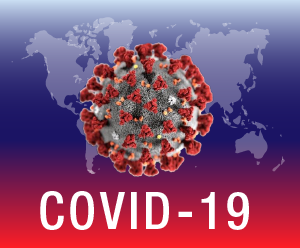
COVID 19 has left many lessons in the world.
Illustrative image taken from Archivo/RHC
By María Josefina Arce
The world is no longer in a health emergency due to COVID 19. The WHO, World Health Organization, decided to lift the measure because although the disease caused by the new coronavirus is still present, there has been a downward trend in the number of infected and dead people for the last year.
For three years the virus affected 765 million people worldwide, while the death toll officially stands at seven million, but according to the WHO it could actually be at least 20 million.
The world organization stated that it continues to monitor the behavior and development of COVID 19, while calling for continued vigilance.
The disease has paralyzed the world, affecting production, trade and tourism, a source of important income for many nations. The complex economic situation generated by its heavy impact led to an increase in poverty, hunger, precariousness in the labor market and growing inequalities.
The pandemic exposed the cracks in health systems, which in many countries collapsed in the face of the avalanche of cases and the lack of supplies such as oxygen to care for the sick.
But it also showed a selfish world, where the richest have hoarded medicines and vaccines, to the detriment of the poorest nations, a fact that is not exclusive to immunizations against COVID 19.
The less developed states are constantly struggling to gain access to immunogens against certain vaccine-preventable diseases.
In this unequal distribution, Africa was once again the great forgotten country. In 2021, barely 10% of the population of the so-called dark continent had been immunized.
The COVAX mechanism, created by WHO for equitable distribution, did not meet expectations. Its action was limited by the most developed countries which bought from the pharmaceutical companies sufficient doses to immunize their population several times over.
The pandemic showed once again the need to act together, to join forces in solidarity to face common challenges that put humanity at risk.
Vaccines against covid-19
Against this backdrop, WHO called for much-needed changes in the global vaccine market to save lives, prevent diseases and prepare for future crises.
In the midst of this situation, the solidarity and cooperation developed by regional blocs such as the Bolivarian Alliance for the Peoples of Our America-People's Treaty and the Community of Latin American and Caribbean States, which joined forces and supported each other with supplies, health personnel and vaccines, stands out.

